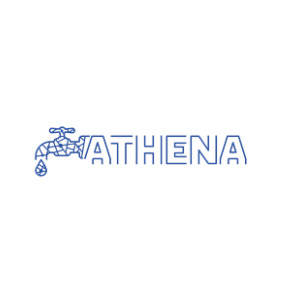 Contact us
Contact us
Mobile menu not yet fully implemented
The purpose is to stimulate joint research on electric batteries and storage systems.
info@ncpflanders.be
+32 2 550 15 65
Electric batteries are seen as important technological enablers to drive the transition towards a decarbonized society through the integration of renewable and clean energy sources in the electricity grid and the electrification of our transport system.
However, there are some challenges if we want to fulfill this ambition in Europe. Firstly, research and development on batteries is notably fragmented within the European Union. Secondly, most of the production of the new generation of (automotive) batteries is currently happening in Asia.
The European Commission wants to change this and has therefore installed a specific approach (part 7 of the SET plan) to make sure the next generation of batteries will be developed and manufactured in the EU.
The kick-off for this plan was the launch of the European Battery Alliance in 2017. This was a first step towards working and planning together which in turn led to the European strategic plan on batteries. One result of this strategic plan has been the European Technology and Innovation Platform on Batteries (ETIP Batteries Europe) that groups all the relevant R&D actors in this sector and is a more intensified collaboration than the European Battery Alliance. The strategy has these objectives:
To boost this planned strategy, the European Commission has launched an ambitious separate R&D activity on batteries within horizon 2020. This is a cross-cutting activity involving multiple sectors (transport, energy, climate) and the calls for proposals are looking for different types of batteries and technologies: short term research for advanced Li-ion electrochemistry and production processes, short to medium term research for solid-state electrochemistry, modelling tools, new materials for stationary electric batteries, hybridization of battery systems, next generation batteries for stationary energy storage, next generation and validation of battery packs and battery management systems, networking of pilot lines and skills development and training.
Infosheets contain edited content on aspects related to this programme. They are reviewed at least yearly.
Related links are easy pointers towards external information. We curate the list, but are not liable for the destinations.
Documents contain additional information related to this programme, and are similar to related links.

The ATHENA project addresses emerging risks for the water sector in operational technology created by digitalisation. The project responds to Digital Europe call DIGITAL-ECCC-2022-CYBER-03-UPTAKE-CYBERSOLUTIONS – Uptake op Innovative Cybersecurity Solutions. The project started in September 2023 and will run until November 2026. De Vlaamse Waterweg - The Flemish Waterway participates in the project to enhance the resilience of the organisation by co-developing targeted training modules for operational technology environments.